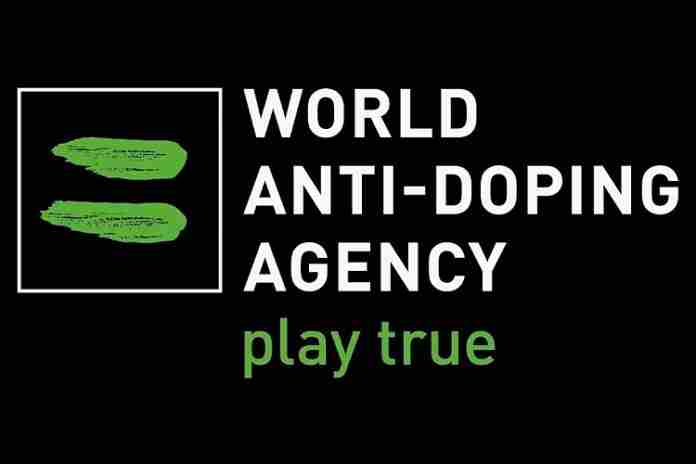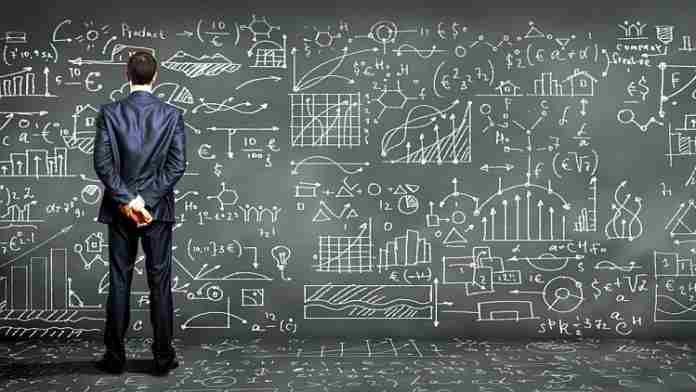The continuing question of Russian doping cast a long shadow over the Annual Symposium of the World Anti-Doping Association (WADA) during its Annual Symposium on Wednesday and Thursday in Lausanne, Switzerland.
Just prior to the meeting, the leadership of 18 National Anti-Doping Organizations issued a statement that noted the forthcoming election of a new WADA Chair in November and insisted that:
“WADA Presidential Candidates must build on the organization’s success at retrieving the Moscow laboratory data by being committed to ensuring an exhaustive, transparent and thorough accounting of the data is achieved. Based on previous reports from WADA, there are thousands of presumptive positive samples in the Moscow laboratory data that must be investigated. Athletes are demanding that this review is completed in a transparent manner, which includes reporting the exact number of presumptive positive findings and how each finding has been managed. This process will take months, possibly years, and a future WADA President must not try to turn the page from this scandal, but be committed to a full investigation and pursuit of justice – no matter the cost or time.”
In his keynote speech to the Symposium, WADA Chair Craig Reedie (GBR) spent fully half of his talk on the Russia question and defended the controversial reinstatement last September and the succeeding work. Highlights:
“The period since we last met in this same room 12 months ago has been particularly
turbulent, a time that has been dominated yet again by the Russian doping scandal. This time one year ago, we were stuck in a deadlock with the Russian authorities as the Russian Anti-Doping Agency remained non-compliant with the World Anti-Doping Code. …
“Just like it was the correct decision to declare RUSADA non-compliant in November 2015, the decision WADA’s Executive Committee took on 20 September was in my view also the right one for clean sport. By that stage, by accepting the Schmid Report commissioned by the International Olympic Committee, Russia had accepted that officials within the Ministry of Sport had knowingly assisted with the systemic doping of Russian athletes and, under the terms of the reinstatement, Russia agreed to grant WADA, before the end of 2018, access to the data from the former Moscow Laboratory, which was sealed by Russian law enforcement authorities due to an ongoing federal investigation. …
“The data [finally acquired], if authentic and complete, will be a game changer. It will be absolutely crucial to build strong cases against cheats and exonerate other athletes suspected of having participated in widespread doping on the basis of previous WADA-commissioned investigations led by Richard Pound and Prof. Richard McLaren. In addition, under the terms of the 20 September Executive Committee decision, the Russian authorities must make available any samples stored in the Moscow lab required by WADA for re-analysis by 30 June 2019. In some cases where athletes are suspected of doping, the available evidence has not been conclusive up to now so to be able to bolster what we already have with further proof direct from the Moscow Laboratory will be very important. So, as you can see, we are resolutely moving forward. Leaving the situation in limbo served nobody, and certainly not athletes from other countries nor athletes within Russia. Nobody.”
Reedie noted that there have been other successes, including the raids by the authorities in Austria and Norway against doping by biathletes, and victories at the Court of Arbitration for Sport in other Russian doping cases.
And there was this about Russian doping today:
“The Russia experience has brought reforms within WADA including more independence, capacity for investigations and higher standards of compliance for Code Signatories. Significant changes have also taken place within RUSADA itself. It is now fully operational, significantly strengthened and has much more independence.”
This was a positive report from Reedie and having almost 900 delegates at the Symposium – including 75 athlete representatives – is a sign of reasonable health at WADA. According to Reedie, the organization now has about 120 employees and continues to expand gradually, especially in the investigative area, a key for the future.
WADA’s credibility for the future is now a key issue in the aftermath of the Russian reinstatement, and the next hot-button issue will be the presidential election in November. According to its governance structure, the next term will be served by a governmental official (vs. someone from the Olympic Movement).
There are three announced candidates: Witold Banka from Poland, nominated from Europe; Marcos Diaz of the Dominican Republic, from the Americas, and current WADA Vice President Linda Helleland (NOR), a member of the Norwegian Parliament, who has not been nominated by a continental group, but could stand as an independent candidate. Banks and Diaz both voted to reinstate Russia; Helleland was against.
The next step in the process is the WADA Executive Committee meeting – all three candidates are members – in Montreal (CAN) in mid-May.




















